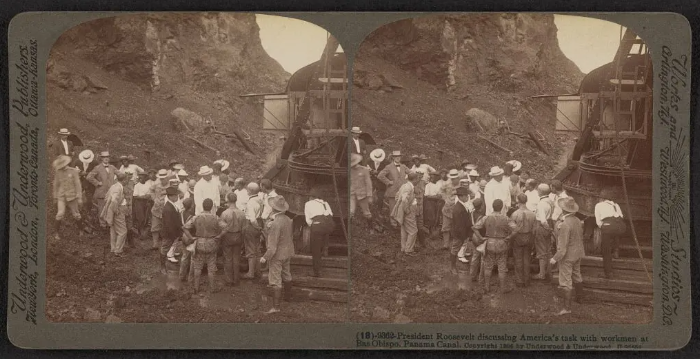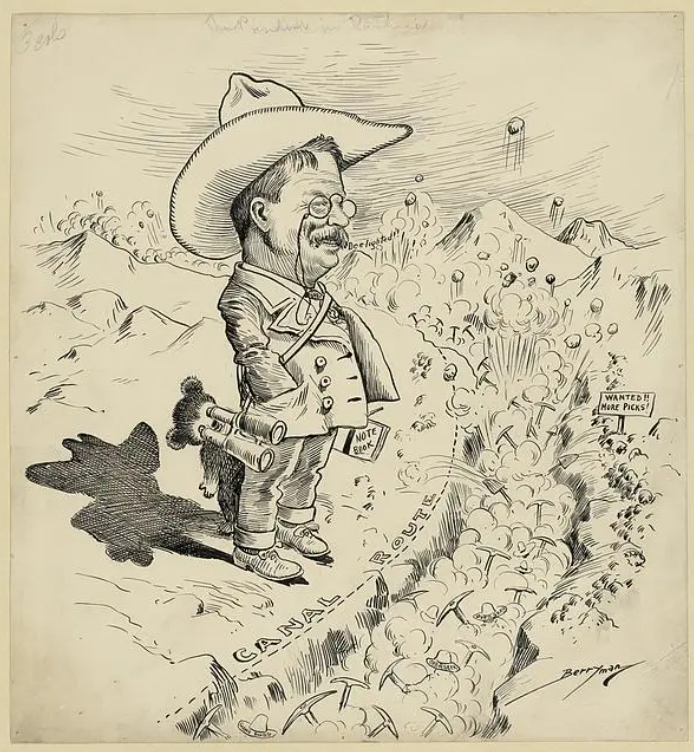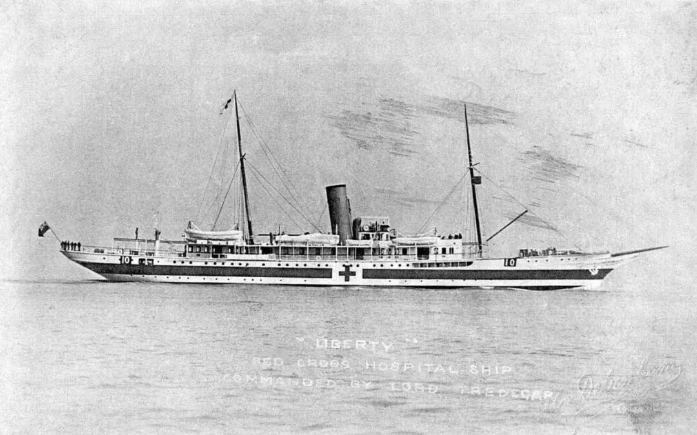The following is an adapted version of an article written by Lázár Pap, originally published in Hungarian in Magyar Krónika.
America—the new world, the land of opportunity, the land of the free. In the 19th and 20th centuries, hundreds of thousands of Hungarians left their former lives behind to cross the Atlantic and try their luck Far Far Away, that is, ‘Beyond the Óperencia’, as Hungarian fairy tales go. In its series, Magyar Krónika looks at the meeting points of America and Hungary through the Hungarian diaspora living in the US. In this part, let us continue the story of Hungarian American newspaper owner Joseph Pulitzer, who published a series of exposés on dubious transactions surrounding the Panama Canal, for which the federal government sued him.
The World sought to leave the ‘yellow press’ period behind it completely and return to its former glory and original principles of public service and credible news reporting. The press war with the New York Journal damaged the newspaper’s reputation, as it sacrificed reliability on the altar of sensationalism. In foreign policy, it took a definitively anti-imperialist stance, arguing for negotiation in international conflicts, as it did during the Russo–Japanese War (1904–1905). In addition, the paper’s stance on domestic affairs was once again determined by its anti-corruption and reformist views (relying on increasingly broad sections of the population). The Democrats were still closer to Pulitzer’s views, but he clearly kept his distance from the Party, wanting to preserve his autonomy. In the 1900 election, for example, he did not support the Democratic candidate because he disagreed with his monetary views.
It was during this period that The World published one of its most famous series of investigative articles, exposing abuses by New York life insurance companies. They used their customers’ money for their own purposes, for speculation, to bribe politicians and the press, and to finance campaigns. The newspaper represented the case so successfully that new legislation was introduced in New York State to address the problem.

In 1907 Pulitzer, now 60 years old and in poor health, announced his retirement from the direct management of his newspapers. He still made the important strategic decisions, but no longer directed the day-to-day operations. A year later, however, he had to return for a time because The World launched a series of exposés on financial transactions related to the construction of the Panama Canal, which ended in a lawsuit with the Roosevelt administration.
‘The newspaper represented the case so successfully that new legislation was introduced in New York State to address the problem’
On the eve of the 1908 elections, based on The World’s investigative material, the Indianapolis News launched a direct attack on Roosevelt and his protégé, William Howard Taft. Pulitzer, who was on his yacht at the time, only learned of the matter after the elections, when Roosevelt publicly responded to the allegations. He immediately headed for New York to take control of the situation. By the time he arrived home, one of his writers had already penned an editorial calling Roosevelt’s claim untrue and alleging that the president’s confidant, William Nelson Cromwell, was behind the financial manipulations.
Roosevelt began to take the matter seriously, threatening legal action and sending an extraordinary message to Congress. The World responded provocatively with an article entitled ‘Lèse-majesté’. Pulitzer, meanwhile, stood firmly behind his paper and took responsibility for criticizing the president.

On 17 February 1909 a federal grand jury in Washington, DC, indicted The World’s publisher, Pulitzer, and two of the newspaper’s senior staff on charges of libel. The Indianapolis News suffered a similar fate, but neither side had any decisive evidence. The case was dismissed surprisingly quickly, but on 4 March 1909 another indictment was brought against the publishing company. The charges were based on a law concerning ‘subversive activities’ during the Spanish–American War.
Meanwhile, The World’s investigation of the Panama affair stalled. However, the significance of the lawsuit grew, as it was clear that the aim was to silence the newspaper based on a law that was difficult to apply to press activities. The World’s lawyers challenged the charges on procedural grounds, and the court ruled in their favour, thus securing another victory over the federal government. Pulitzer, however, was not satisfied with this and took the case to the Supreme Court, which upheld the judgment at first instance.

The World was a resounding success, and news of the victory caused a nationwide sensation, making Pulitzer a hero in the eyes of the public and the press. The newspaper’s ‘yellow press’ era remained a forgettable episode in the press magnate’s biography.
‘News of the victory caused a nationwide sensation, making Pulitzer a hero in the eyes of the public and the press’
Pulitzer died on 29 October 1911, shortly after the matter was settled. However, the Hungarian immigrant, soldier, lawyer, journalist, newspaper owner, and press magnate did not leave this world without a trace. He left his press empire to his sons, of whom Joseph Pulitzer Jr became the most successful at the helm of the St Louis Post-Dispatch, which still exists today. His intellectual legacy is carried on by Columbia University’s programme, which has been in operation since the autumn of 1912. In addition, the Pulitzer Prize, first awarded in 1917, also commemorates his work and oeuvre.
This article is based on András Csillag’s work titled Joseph Pulitzer and the American Press.
Read the previous parts of the series below:
Click here to read the original article.







